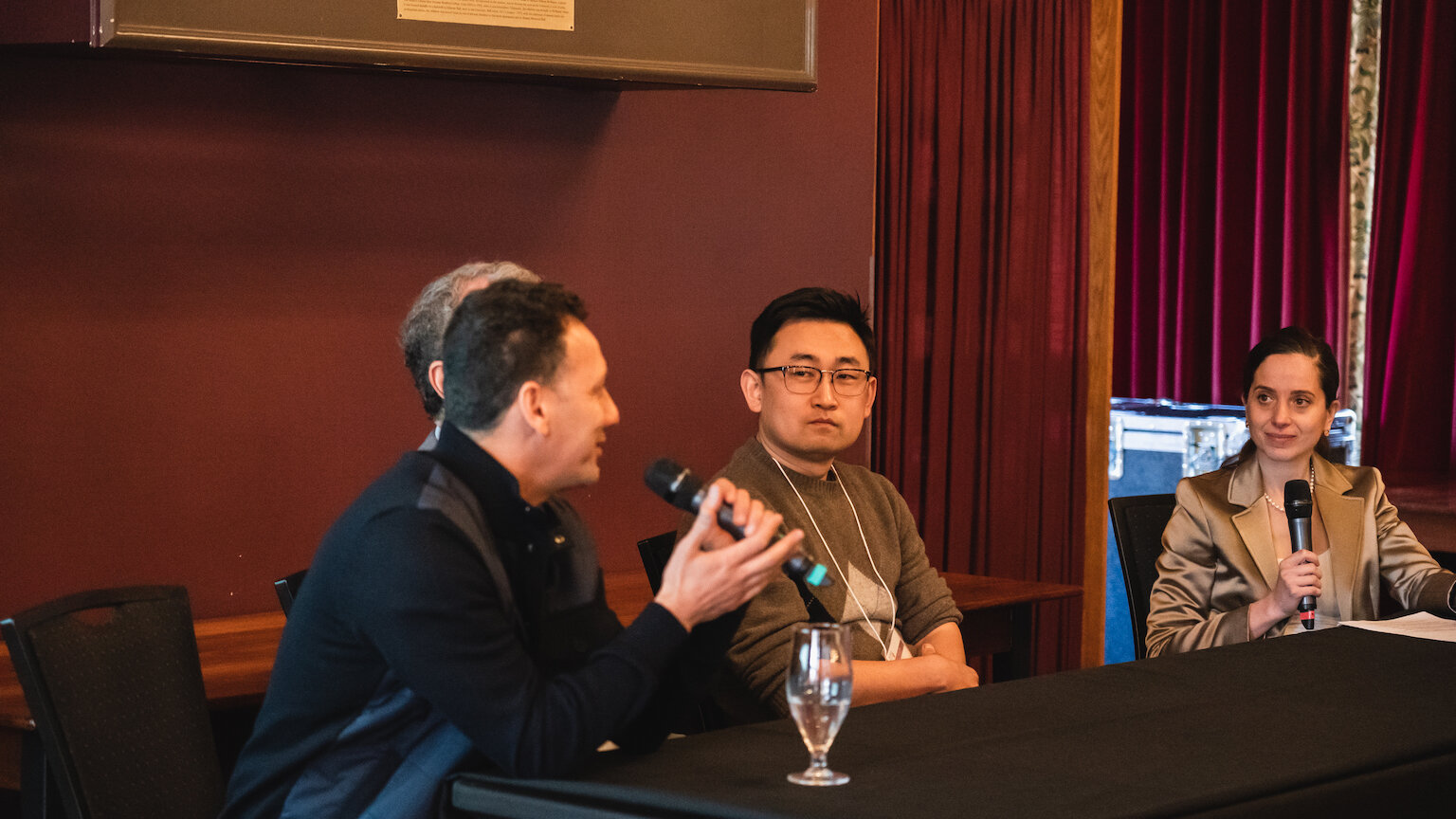
Researchers, students, entrepreneurs and industry professionals gathered for talks and panel discussions that highlighted the multifaceted ways McMaster supports, stimulates and champions innovation and entrepreneurship.
Among the distinguished speakers were McMaster Engineering professors Boyang Zhang and Tohid Didar, who described their academic entrepreneurial journeys and highlighted the support they received from McMaster in a panel discussion moderated by and Leyla Soleymani, associate professor in engineering physics and Associate Vice-President, Office of the Vice-President, Research. Engineering Management alumnus, Scott Pelton ’95, shared his passion for supporting start-ups through investment, which included a discussion with McMaster’s Faculty of Science start-up MesoMat.
Below are five key take aways about academic entrepreneurship summarized from insights shared by the speakers.
- Teamwork makes the dream work
The core of any business is the team. A company is centred on a team that has brought together the right people to execute on a shared vision.
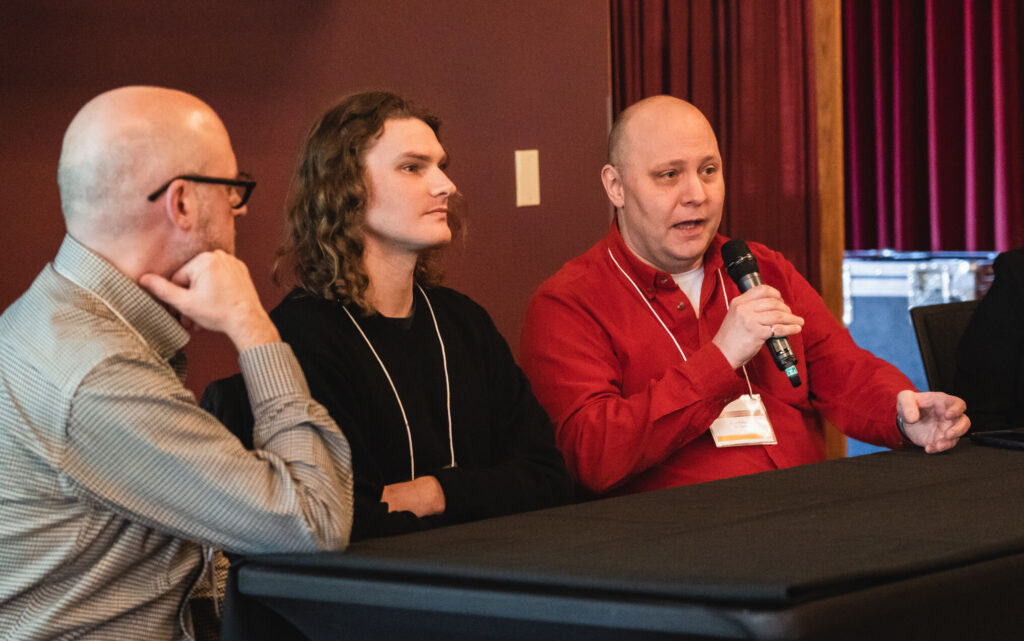
“Investors, they are looking to invest in a team, not the idea. They want to see the passion and dynamic between a group of people. That’s what gives them confidence in parting with their money with hopes of it succeeding.”
Scott Pelton ’95
Every team member brings a different skillset to a business. While having a research breakthrough or trying to solve a business need or creating a product can be the foundation for starting a company, this doesn’t translate to running a company.
“As a professor-entrepreneur I envision two models: one involves establishing a company from my lab and assuming the role of CEO to steer it towards success. The other model focuses on laying a strong foundation for innovation within my lab, leading to the emergence of multiple technologies that can evolve into products, even without my direct involvement as CEO,” says Didar. “Currently, I am inclined towards the second model and aim to implement it in my lab. This approach not only fosters innovation but also nurtures the development of the next generation of professor-entrepreneurs within such an environment.”
- The power of transferable skills
While the connection between running a class or lab and running a company may not seem obvious at first glance, our panelists explained that the skills are more transferable than one would think.
“Our academic training, particularly when it involves research projects, grants and lab work, requires meticulous planning, time management and coordination of resources,” says Zhang. “These abilities are essential in the business world for managing projects, meeting deadlines and organizing teams and resources efficiently.”
The ability to lead, whether in the classroom or boardroom, is also a key transferable skill, says Didar.
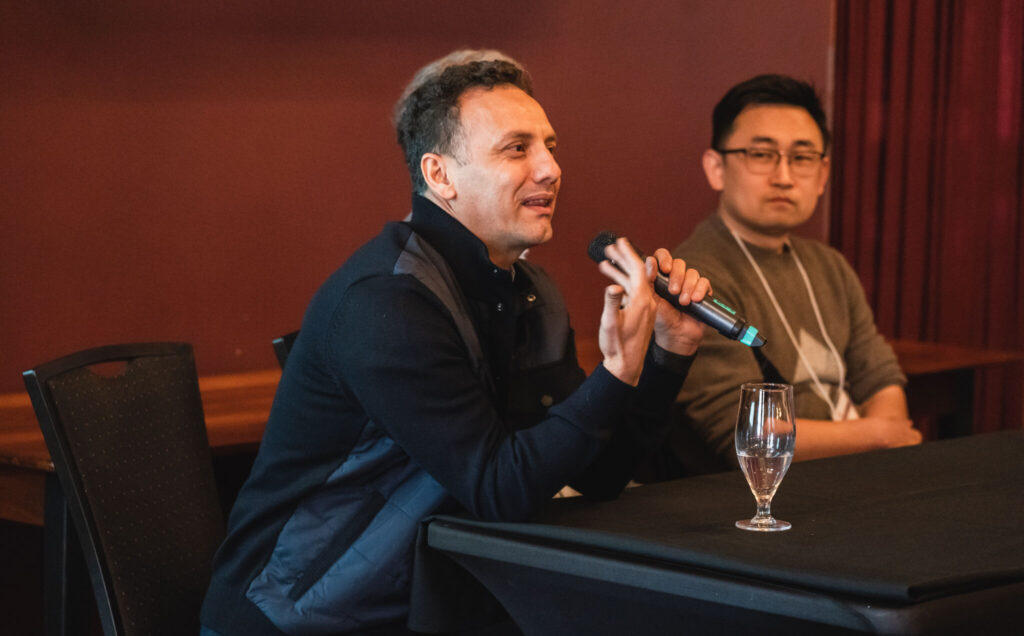
“As a professor, my primary role is to instil motivation in my students and ensure they have a genuine passion for their work. When individuals love what they do, they excel. These principles are equally applicable in a business environment. Providing ongoing mentorship of this kind to your team is crucial for their growth, which in turn contributes significantly to the advancement and enhancement of the company.”
Tohid Didar
- McMaster is the best of academia and industry
McMaster’s unique entrepreneurship ecosystem offers the ultimate blend of research and innovation services. With cross-university support, there are several pathways to help entrepreneurs, whether you’re getting access to state-of-the-art equipment and labs or receiving guidance on licensing. It is never too early to contact the McMaster Industry Liaison Office for guidance!
“McMaster University’s commitment to bridging academia and industry has led to the creation of a vibrant entrepreneurial ecosystem. The entrepreneurial culture at McMaster ensures that academic pursuits are not just theoretical but are aimed at solving real-world problems. McMaster provides students, researchers and faculty with access to resources such as incubators, accelerators, mentorship programs and funding opportunities. The availability of these resources encourages the community to think entrepreneurially, turning research and ideas into viable business ventures or innovative solutions.”
Boyang Zhang
- If you fail, try and try again
Failure is not always means to an end. Not every idea or start-up will be successful, but it’s important to keep going back to the drawing board and trying again or pivoting with new, better ideas.
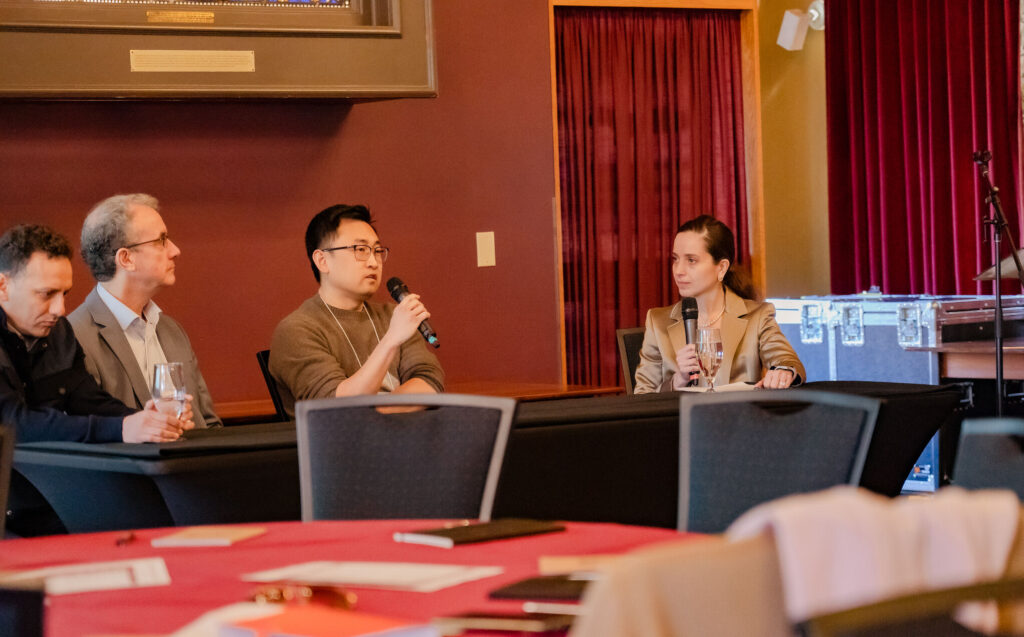
“Achieving success in business, much like academic research, requires the resilience to withstand failure. Pivoting reflects not failure, but agility. Being entrepreneurial involves discerning effective strategies from ineffective ones and adjusting course according to market feedback.”
Boyang Zhang
- Business can feel like an uphill battle, remember to find balance
The truth about creating your own start –up, running your own company and pursuing a career in entrepreneurship can take its toll. As panelist Harald Stover, professor in chemistry in McMaster’s Faculty of Science put it, “it’s hard work”.
The panelists echoed the sentiment that sometimes your company can feel like your child, in many ways. However, these were followed by equally advocating for finding the work life balance needed to stay passionate about your work while still being fulfilled in your personal life.
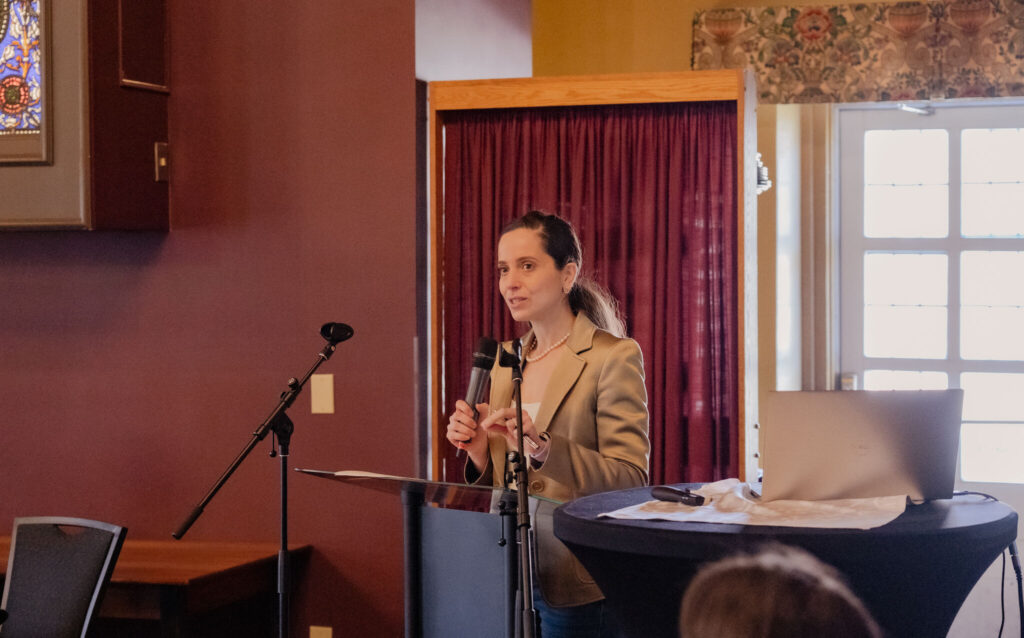
“Like any job, work life balance is challenging. I have learnt to prioritize tasks one at a time and try to make one right decision at a time.”
Leyla Soleymani
Organized in collaboration with the Faculty of Engineering, Faculty of Science, the McMaster Industry Liaison Office (MILO) and the Brockhouse Institute for Materials Research.
